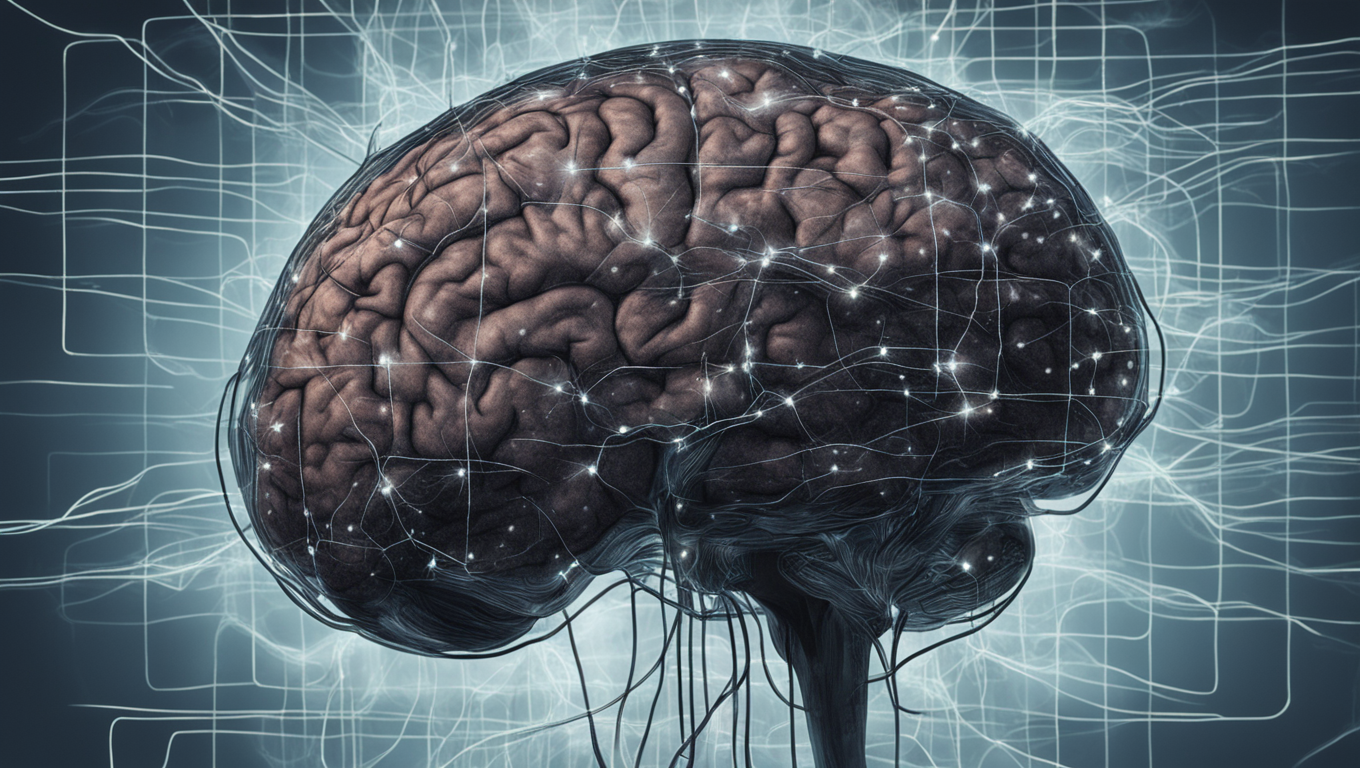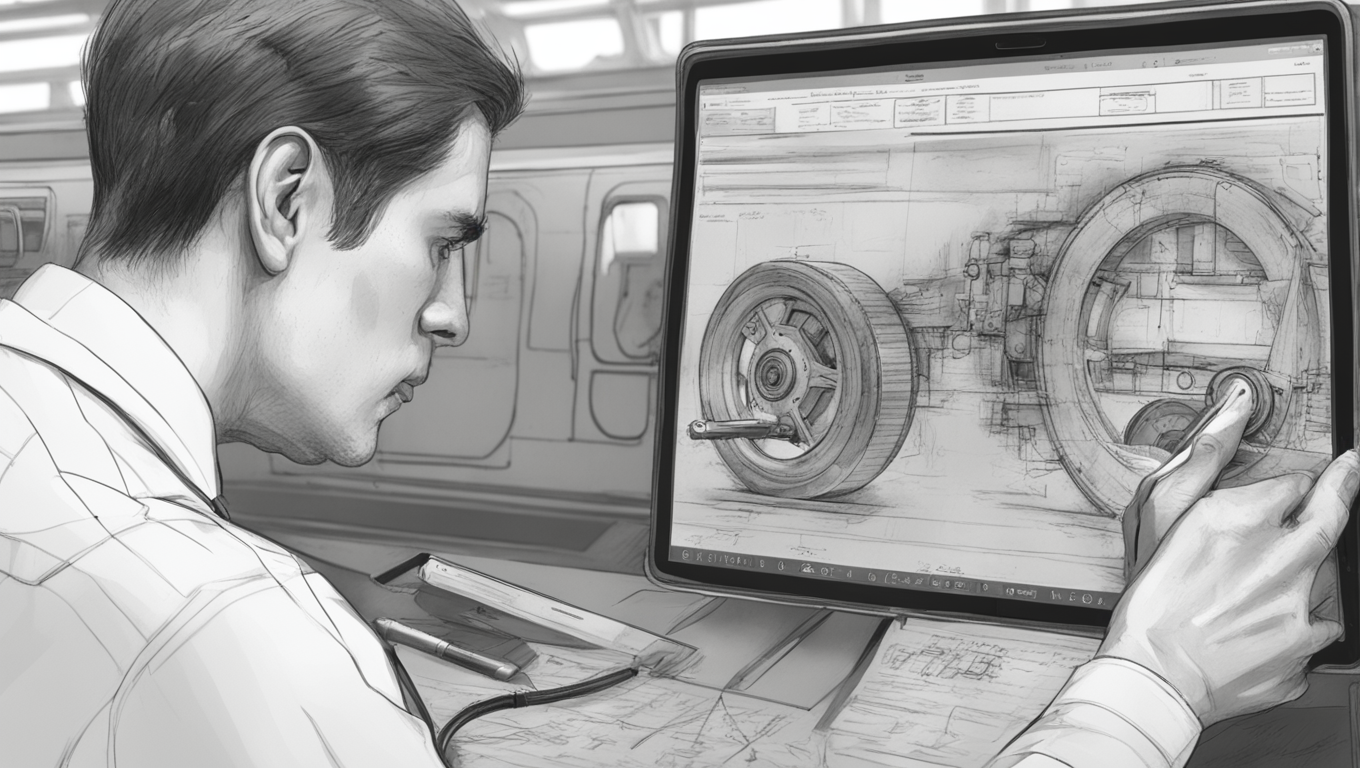On this fine day in May 2024, a team of researchers from esteemed institutions such as Northwestern University, the University of Cincinnati, Aristotle University, Massachusetts General Hospital, and Harvard School of Medicine have made a groundbreaking announcement. They have developed an artificial intelligence (AI) tool that has the remarkable ability to predict whether an individual harbors suicidal thoughts and behaviors with an astonishing accuracy rate of 92%.
The tool, which combines a simple picture-ranking task with contextual and demographic variables, has demonstrated its efficacy in identifying individuals at risk of self-harm in a study involving 4,019 participants from 18 to 70 years old. This tool has the potential to revolutionize the way we assess and address mental health concerns.
Shamal Shashi Lalvani, a doctoral student at Northwestern University and the first author of the study, explains the significance of their research, stating, “A system that quantifies the judgement of reward and aversion provides a lens through which we may understand preference behavior. By using interpretable variables describing human behavior to predict suicidality, we open an avenue toward a more quantitative understanding of mental health and make connections to other disciplines such as behavioral economics.”
This AI tool has far-reaching implications for medical professionals, hospitals, and even the military, as it enables them to identify individuals who are most at risk of self-harm. The ability to accurately predict suicidal desire without a plan, current and specific thoughts, plans of suicide, and strategies to prevent self-harm can save countless lives.
While the tool’s 92% accuracy rate is indeed impressive, its true impact lies in its potential to provide early intervention and support to those in need. By identifying individuals who may be struggling with thoughts of self-harm, targeted preventive measures can be implemented, such as providing access to counseling services or connecting them with mental health professionals.
In a society where mental health is finally being acknowledged as a critical aspect of overall well-being, this AI tool serves as a beacon of hope. But it is crucial to remember that it should not replace human interaction and compassion. As Dr. Elizabeth Miller, a co-author of the study, affirms, “Technology should enhance our ability to support individuals, but human connection remains paramount.”
This ground-breaking development in the field of AI has the potential to transform the way we approach mental health. As we continue to progress and refine our understanding of the complexities of the human mind, tools like this AI system will play an integral role in creating a better and more compassionate world, where mental health is prioritized and individuals in crisis receive the support they desperately need.





Use the share button below if you liked it.